Here’s another great idea from the net zero establishment: only heat your home when it is warm and sunny outdoors. In its Sixth Carbon Budget paper, the government’s Climate Change Committee advises homeowners to turn their heating on in the afternoon, so that they can turn it off again during the evening when demand for electricity is higher. ‘Where homes are sufficiently well-insulated,’ it says, ‘it is possible to pre-heat ahead of peak times, enabling access to cheaper tariffs which reflect the reduced costs associated with running networks and producing power during off-peak times.’ In other words, boil yourself when the outdoor temperature is relatively warm, and with any luck you might still be tolerably warm when it is freezing outdoors at eight in the evening.
The advice is an admission of where we are headed. At the moment, for most of us, there is no difference between the price of electricity during the afternoon and the evening – it is only at night that we can buy off-peak electricity. That is not how it looks like being in the future. A big part of the plan for decarbonising the electricity system is to manage demand by varying tariffs throughout the day. That is the whole point of smart meters. We had a foretaste of this last winter when customers with smart meters were offered small discounts if they agreed to turn off appliances during the early evening on days when demand was high but, thanks to a lack of sun and wind, renewable energy was in short supply.
That, however, is only the beginning. At the moment, with the help of back-up from gas plants, we don’t have a huge problem in balancing demand and with supply. But by 2035 (2030 in the case of the Labour party) the government wants to remove all fossil fuels from the electricity grid. What do we do then? No-one seems able to explain. Investment in – very expensive – energy storage isn’t coming along at anything like the pace it would need to if we are going to be able to enjoy an uninterrupted supply of power throughout the day. Given that the supply of wind energy can fall away to virtually nothing during calm periods, and solar energy falls to zero every evening, we have a very serious problem. The tendency for still periods to concur with the coldest winter nights exacerbates the problem – especially if the country does as the government wants and switches to heat pumps.
As you can see, from the report of the Commons Business Select Committee ‘demand-side response’ is a big part of the energy industry’s plans. But it isn’t going to be nice little incentives like those offered to householders last winter in the form of £10 vouchers and the like. In future there will be a lot less carrot and a lot more stick – with surge pricing structures akin to those used by companies like Uber. Just think of the price of electricity is going to have to be jacked up to match supply and demand on a cold, still winter’s evening when – in normal times – demand would be at its highest.
In Britain’s net zero future it won’t just be a case of turning your heating on a few hours early to pre-heat your home. Many customers face being priced out of the electricity market altogether when supply of renewables is weak. On a sunny, windy afternoon you may be able to turn on your heating with abandon, even if you don’t need it on. But freezing, still evenings? Maybe there will be a special deal on woolly jumpers.
Got something to add? Join the discussion and comment below.
Get 10 issues for just $10
Subscribe to The Spectator Australia today for the next 10 magazine issues, plus full online access, for just $10.


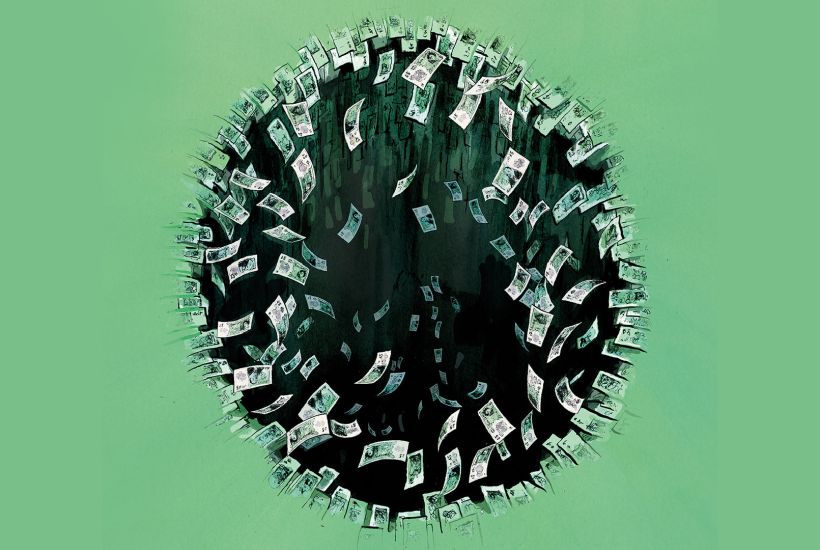

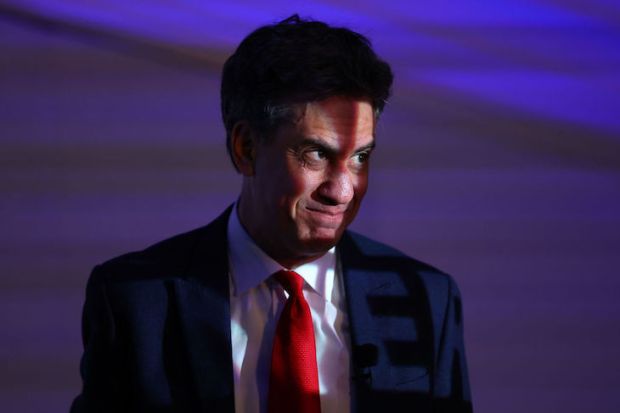
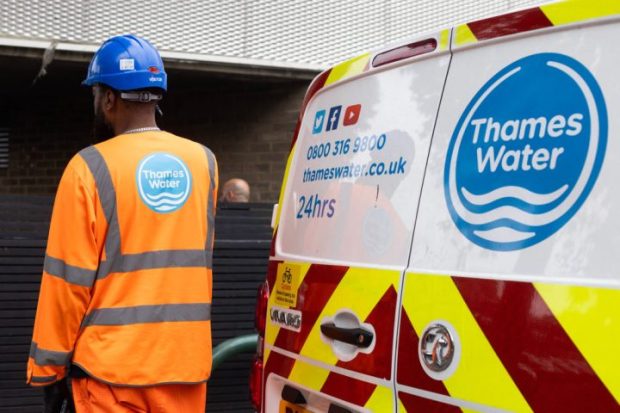
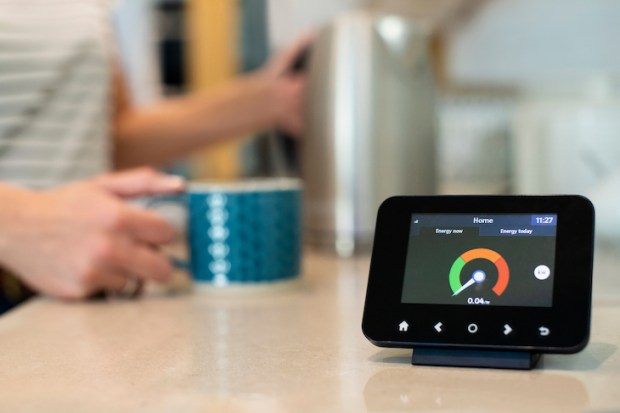
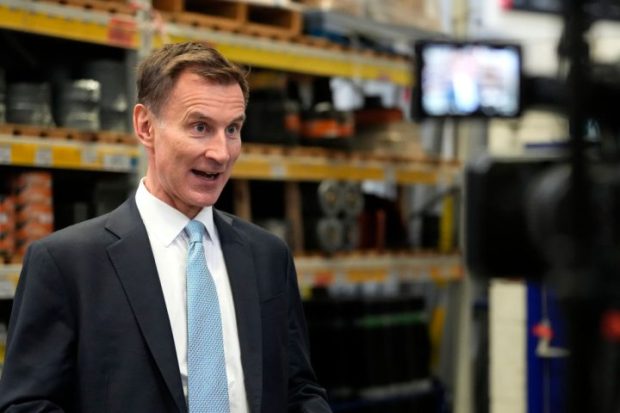
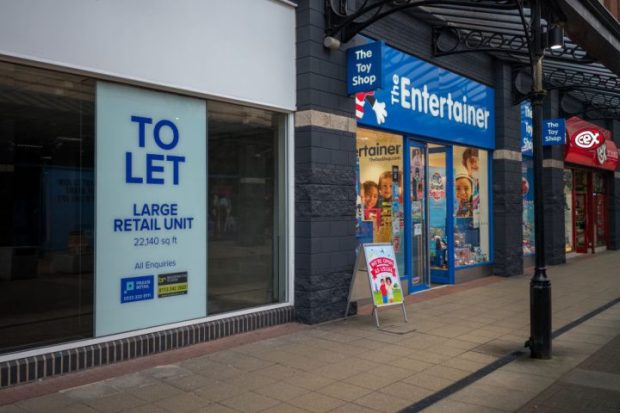












Comments
Don't miss out
Join the conversation with other Spectator Australia readers. Subscribe to leave a comment.
SUBSCRIBEAlready a subscriber? Log in